

Home > Library
Search results : brexit
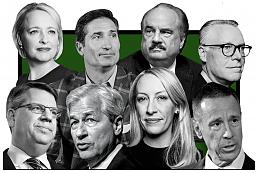
2025-07-01Geopolitical alignment often reshapes and reinforces asset market fragmentation in the broader context of financial deglobalization.
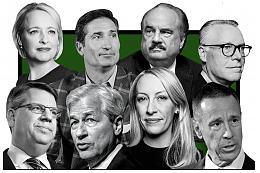
2025-01-01The new homeland industrial policy stance tends to tilt toward substantially improving the worldwide resilience of global supply chains.
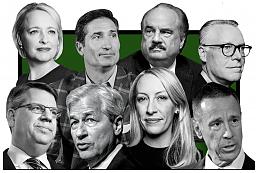
2024-07-07Central bank digital currencies (CBDC) can affect how the central bank makes macro-financial system and monetary policy decisions in support of the dual mandate of both price stability and maximum employment.
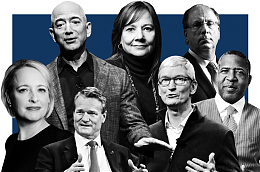
2024-01-01Western governments use the new world order of trade to achieve non-economic goals such as national security, environmental protection, labor harmonization, and technological advancement etc.
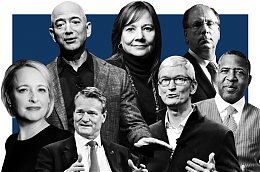
2020-02-02This analytic report shines fresh light on the current global economic outlook as of February 2020.
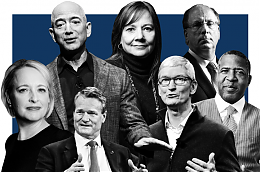
2019-08-07This analytic report shines fresh light on the current global economic outlook as of August 2019.
2017-02-01 14:41:00 Wednesday ET

President Trump refreshes his public image through his presidential address to Congress with numerous ambitious economic policies in order to make America g
2019-08-05 13:30:00 Monday ET
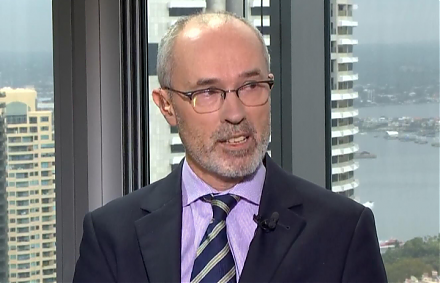
China continues to sell U.S. Treasury bonds amid Sino-U.S. trade truce uncertainty. In mid-2019, China reduces its U.S. Treasury bond positions by $20.5 bil
2025-05-21 04:27:10 Wednesday ET
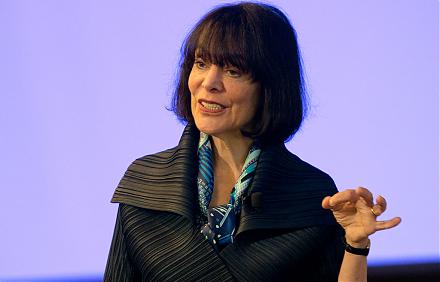
Carol Dweck describes, discusses, and delves into the scientific reasons why the growth mindset often helps motivate individuals, teams, and managers to acc
2019-03-17 14:35:00 Sunday ET

U.S. trade rep Robert Lighthizer proposes America to require regular touchpoints to ensure Sino-U.S. trade deal enforcement. America has to maintain the thr
2019-08-16 17:37:00 Friday ET
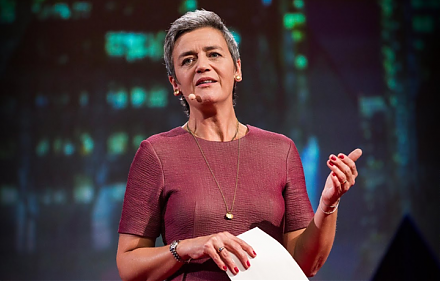
Amazon faces E.U. antitrust scrutiny over the current e-commerce use of merchant data. The European Commission probes into whether Amazon uses key third-par
2018-01-03 08:38:00 Wednesday ET

President Trump targets Amazon in his call for U.S. Postal Service to charge high delivery prices on the ecommerce giant. Trump picks another fight with an